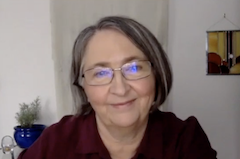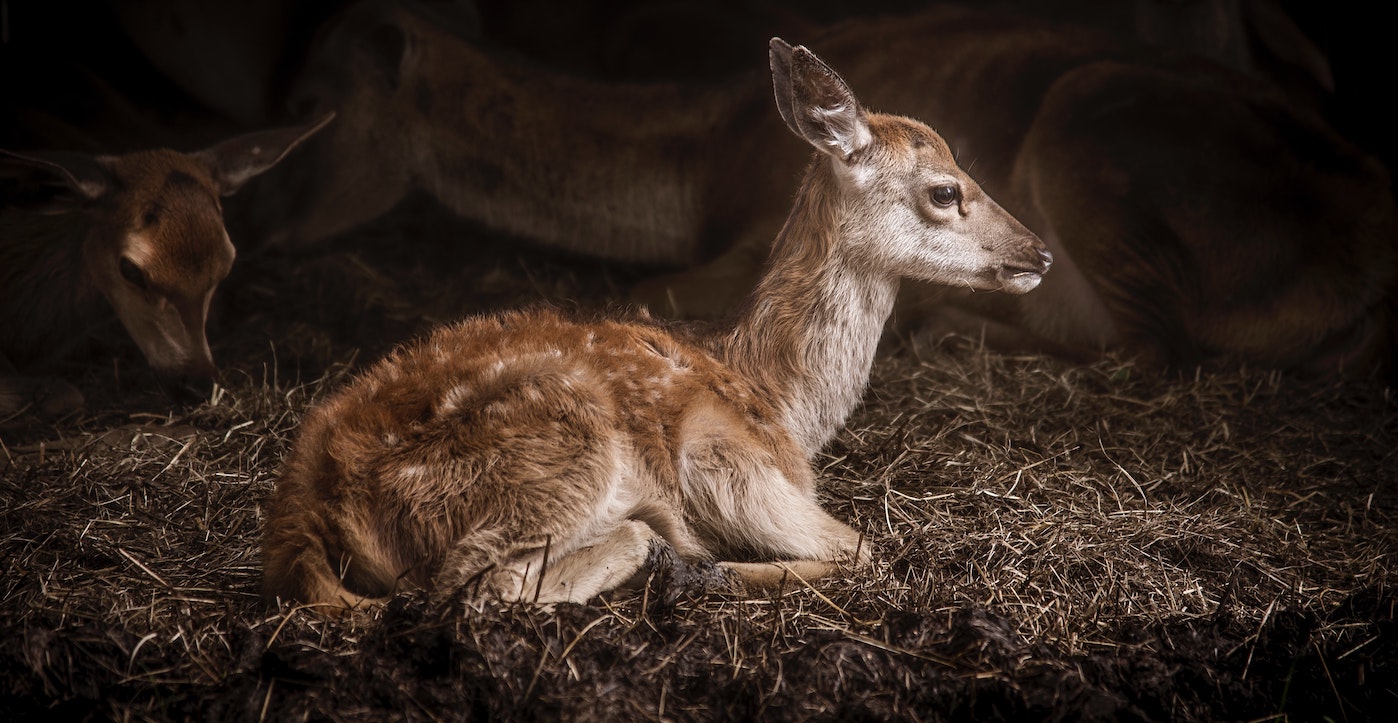Do you feel safer alone? What happens to a person who fears connection and longs for authentic relationships?
Looking at social anxiety, lack of emotional attachment and isolation through a trauma lens, we can see the effect of having been so hurt in relationship.
Our brain and nervous system develops in response to our experience. Children who have “good enough” parenting know they matter. They turn to their parents for guidance, comfort and connection. They have a sense of their own value and have a good start in life.
Children who are born into conditions of neglect or abuse don’t have the opportunity for optimal brain development and connection. This is not our fault, although we blame themselves and carry the impact of it through our life: not trusting people; a hypervigilant nervous system; and a range of problems from illness to violence to financial insecurity.
Those of us who have not experienced safety in relationships don’t think to turn to other people when we are in trouble. Even when we want to connect, we hesitate. Is it really in our own best interest to trust? Are we going to be judged and shamed? Rejected again?
A felt sense of safety involves both a lack of threat and a feeling of connection. We are hardwired for that in our nervous system because it increases our chances of survival.
Feeling unsafe triggers our defense mechanisms of flight, fight, freeze. A fourth one, fawning, is an attempt to ingratiate ourselves with others. We can lose ourselves in satisfying the needs of others.
Fawning is a mechanism to increase our sense of safety. I’m fine with that movie. Sure, that restaurant is fine with me. You like to watch football? I do too! (not)
What is the emotional cost of attracting and maintaining relationships where we can’t really be ourselves? At some point we realize we are not satisfied with letting someone else set the tone. We ask ourselves why we are always the one anticipating their needs? Why don’t they ask what we want to do or what would be helpful to us? It feels like we only exist to help them feel secure and to make their life work. It sinks in that their life is not our job. Our life is.
“What do I want?”
“Who am I and how do I want to express that in relationship?”
“Will I ever feel safe enough to let go of trying to take care of everybody else’s needs?”
This as a safety issue. We take care of everybody else because that helps us feel safer. Through fawning, we will be included. We’re not going to be kicked out of the relationship or social circle.
As we continue on this path of feeling more connected with ourselves, fawning will start to drop away. We no longer need to suck up to other people to feel safe. We already feel safer with ourselves. We can observe this and continue to work with it as a mindfulness practice.
What do I want? How can I cooperate with others and still express my personality and needs? As we feel more grounded internally with ourselves, we have the confidence to shake things up a bit. “Actually I hate sushi. Let’s go for Italian instead.”


